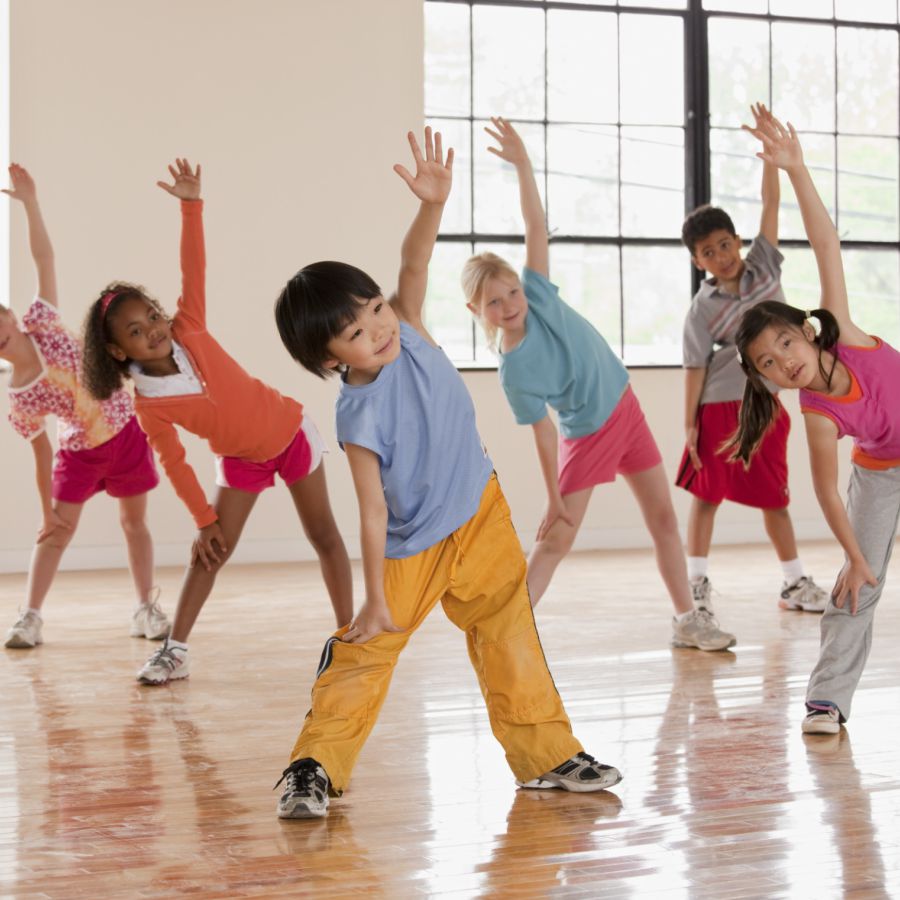Cardiovascular health of four- to six-year-olds may lead to better academic performance. That is, if children of this age can walk farther than their peers, they can perform better than them in terms of acquisition and academic ability.
Dr. Shelby Kai and Dr. Neman Khan, of the University of Illinois at Urbana-Champaign, say that much research has been done on exercise and mental retardation in young children, adolescents, adolescents and young children. Earlier, there was a link between aerobic exercise and better learning.
Now, he says, even if very young children between the ages of 4 and 6 have a strong respiratory and cardiovascular strength and perform better in a walking and running test, it means that their The brain is a large volume in which neurons (nerve cells) have more connections than others.
Scientists have expressed concern about parents around the world who do not take their children out and do not give them time to run away. Parents do not know where they are pushing their children by showing TV and tablet at home. This is not a good thing if even very young children are away from exercise.
Science shows that the process of acquisition, learning and cognition takes place in early childhood. At this stage, if they are made accustomed to walking, running and hard sports, its positive mental effects will last a lifetime.
The experts created a six-minute pedagogical test for children that focused on focus and flexibility. After that, 33 children wearing EEG caps were tested for hearing and reaction. EEG tests can measure children’s concentration.
The study looked at cardiopulmonary health and mental capacity in children, and children who were accustomed to exercising and running performed better in all types of tests.






